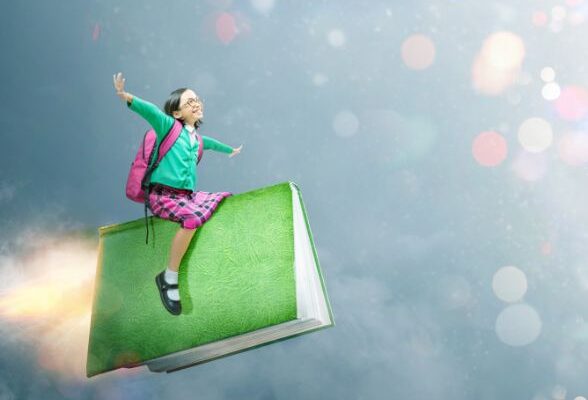Walt Disney had once said, “our greatest natural resource is the minds of our children,” and his wise words place a huge responsibility on us as FEC operators as we are rethinking the future of edutainment.
But before mapping out what the future holds, let’s first try to simplify the concept of fun itself.
For a toddler, getting on a slide or a seesaw is having fun. Holding a crayon for the first time or creating a shape using playdough causes wonderment, also improving their motor skills. Jumping on a trampoline or making a sandcastle is fun for any six-year-old, helping them release energy and unleash creativity. Bowling improves balance and flexibility in young adults. Importantly, these activities promote learning while having fun. Isn’t that the core of edutainment?
Studies and research point towards the pivotal role of ‘play’ in the cognitive, physical, social and emotional wellbeing of children and youth. In fact, the United Nations High Commission for Human Rights recognises ‘play’ as the right of every child. Unrestrained playtime is crucial for a child’s overall wellbeing and optimal development. As we grow older, the nature of play might become complex but the urge to have fun is constant.
Operating in the edutainment space, therefore, places a huge responsibility on us to create fun and safe spaces that promote sensory learning, fuel curiosity and fulfil the cognitive, physical and social needs of children. At the same, we must constantly think of ways to teach children the values of kindness, empathy and foster a spirit of collaboration in them through fun activities.
More than ever now, as the Covid-19 pandemic has caused unforeseen disruptions by limiting social interactions among children, our responsibility as edutainment specialists has increased manifold. As parents struggle to balance childcare and work-related responsibilities, we have to create safer ‘second homes’ for children to be able to play, learn and socialise. From making our hygiene standards more stringent to diligently checking staff health, we are doing everything to maintain a safe environment for our young patrons.
Undoubtedly the global pandemic has stress-tested and disrupted our industry, but it has in many ways made us more resilient and innovative in our approach to future-proof our businesses. As we are rethinking the future of edutainment, there is a need for more nature-centric, spaced-out and mindfully developed play centres. While the use of technology has become unavoidable, as early years education proponent and edutainment operators we are trying to offer a stimulating play environment for children through experiences that encourage imagination and interaction like role play.
We identify that the play requirements differ across age groups and make attempts to cater and provide enjoyable experience for the whole family. For instance, our offerings for the young adults comprise arcade games, simulators and more. And our space planning has been done in a manner that ensures easy flow of traffic through proper age-based zoning.
By Shifa Yusuffali,
Founder & CEO, IdeaCrate Edutainment Company.


